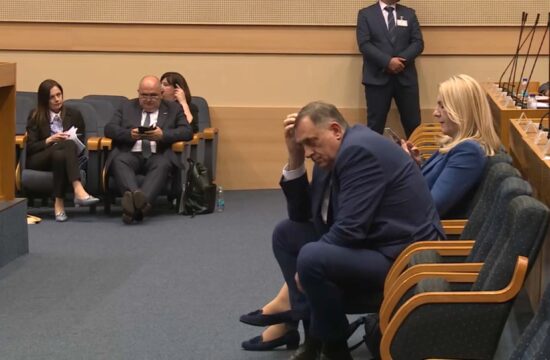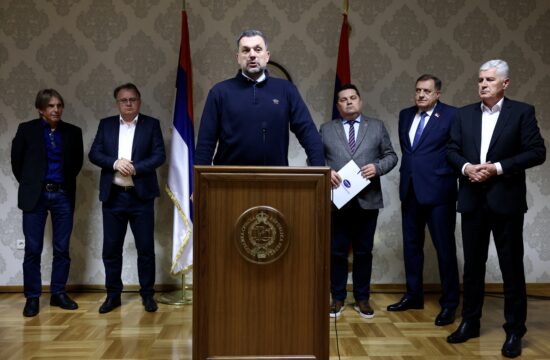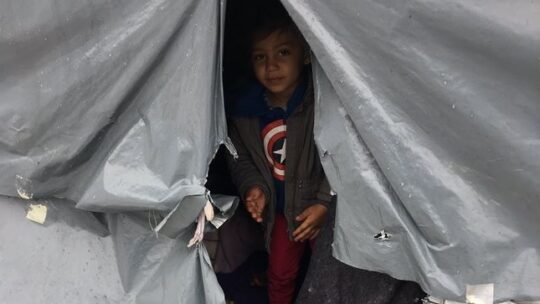
The NATO is important for preventing the conflicts from recurring in the Western Balkans, and being there on the ground to provide security, said European affairs expert Cvete Koneska speaking before the UK Parliament’s Foreign Affairs Committee in the capacity of a witness.
The Foreign Affairs Select Committee, in charge of the scrutinising the work of the UK’s Foreign and Commonwealth Office, carried out inquiries over the past month concerning the European integration of the Western Balkans, touching upon, among other topics, the role of the NATO and the Russian influence in the region.
“I can only say that Russia has always been a presence in the region. This is the bit of the world where three empires meet and Russia is one of them,” said Sir Robert Cooper, former EU diplomat.
Professor James Ker-Lindsay of the London School of Economics’ European Institute pointed out the necessity of being careful about Russian involvement in the region.
“It is obviously being discussed at great length at the moment. Like many others, I am a little wary of saying that Moscow has more influence than it does in the region. Let's also be clear: Russian influence extends, essential, to two or maybe three places. Those are Serbia, Republika Srpska (Serb-dominated part) in Bosnia, and, to a certain degree, Montenegro,” Ker-Lindsay underlined.
According to Koneska, the NATO membership for “some countries in the Western Balkans is problematic both domestically and with countries such as Russia, which is opposed to further expansion of the NATO.”
“In that sense, it is not unimportant. It is not the top foreign policy issue in any of those countries—that is EU accession—but it does figure on that agenda, and it is seen as something of a precursor to EU accession”, she added.
Ker-Lindsay found it interesting that “in many ways, any Russian influence in the region has been gifted to Moscow by the EU.”
“It is actually the failures of the EU to offer credible perspectives to these countries that have left the door open for Moscow to get involved,” he underlined.




